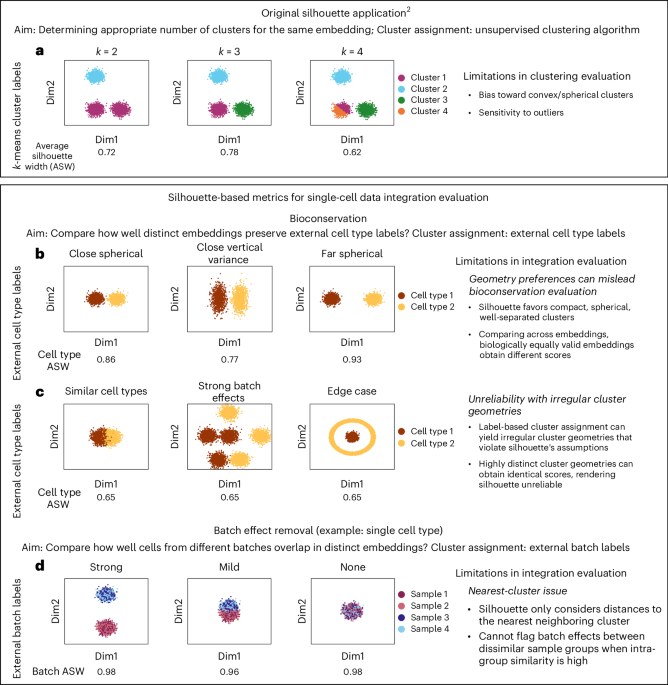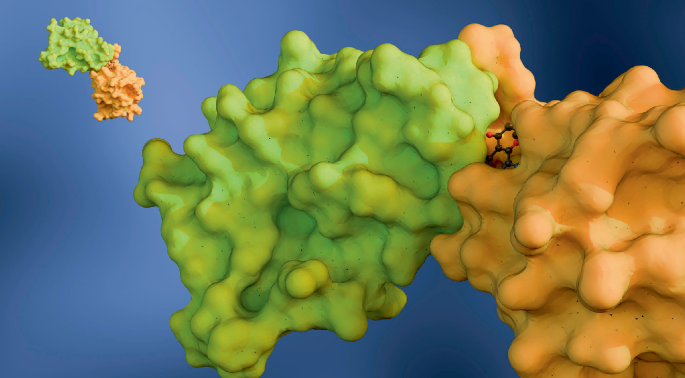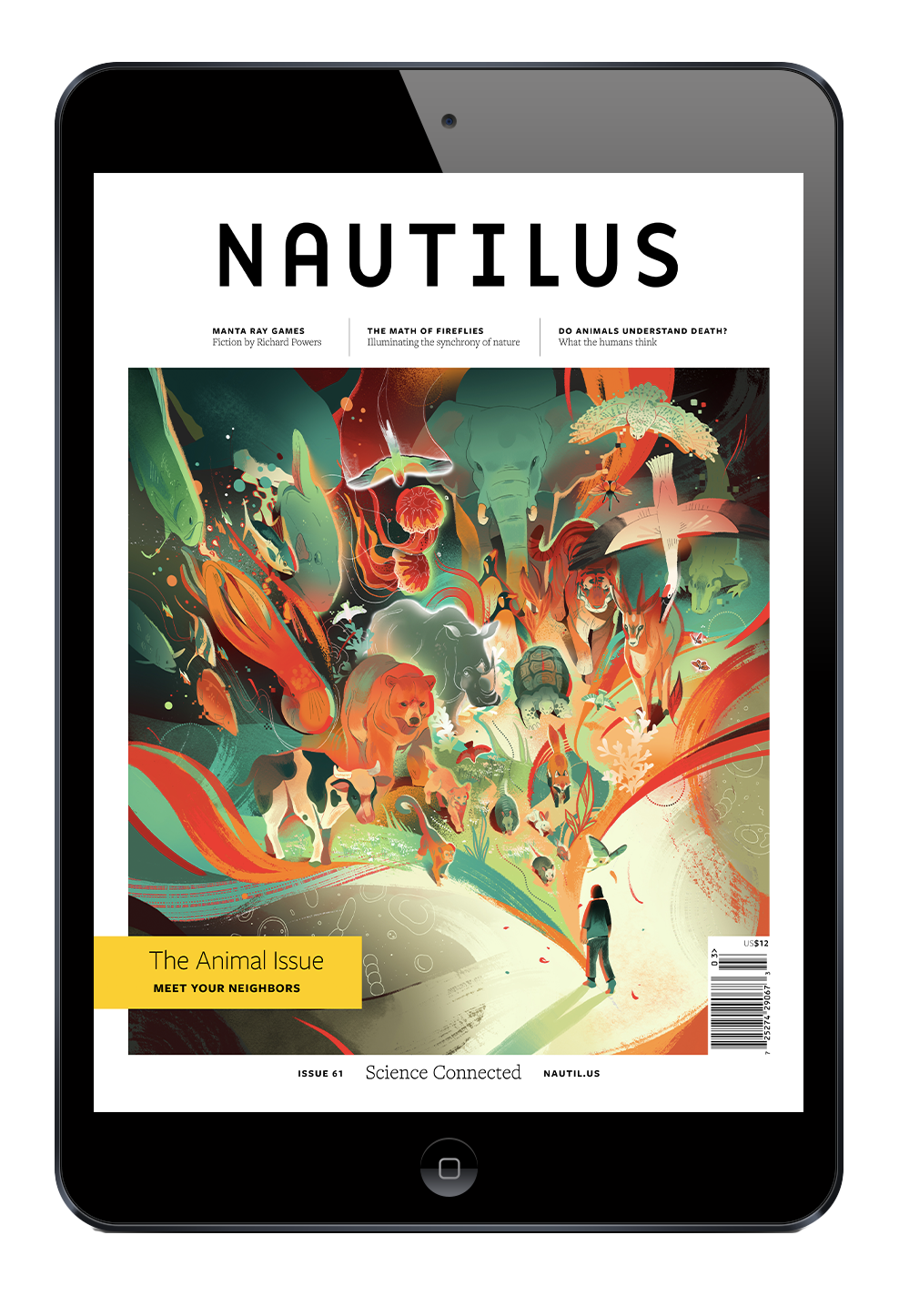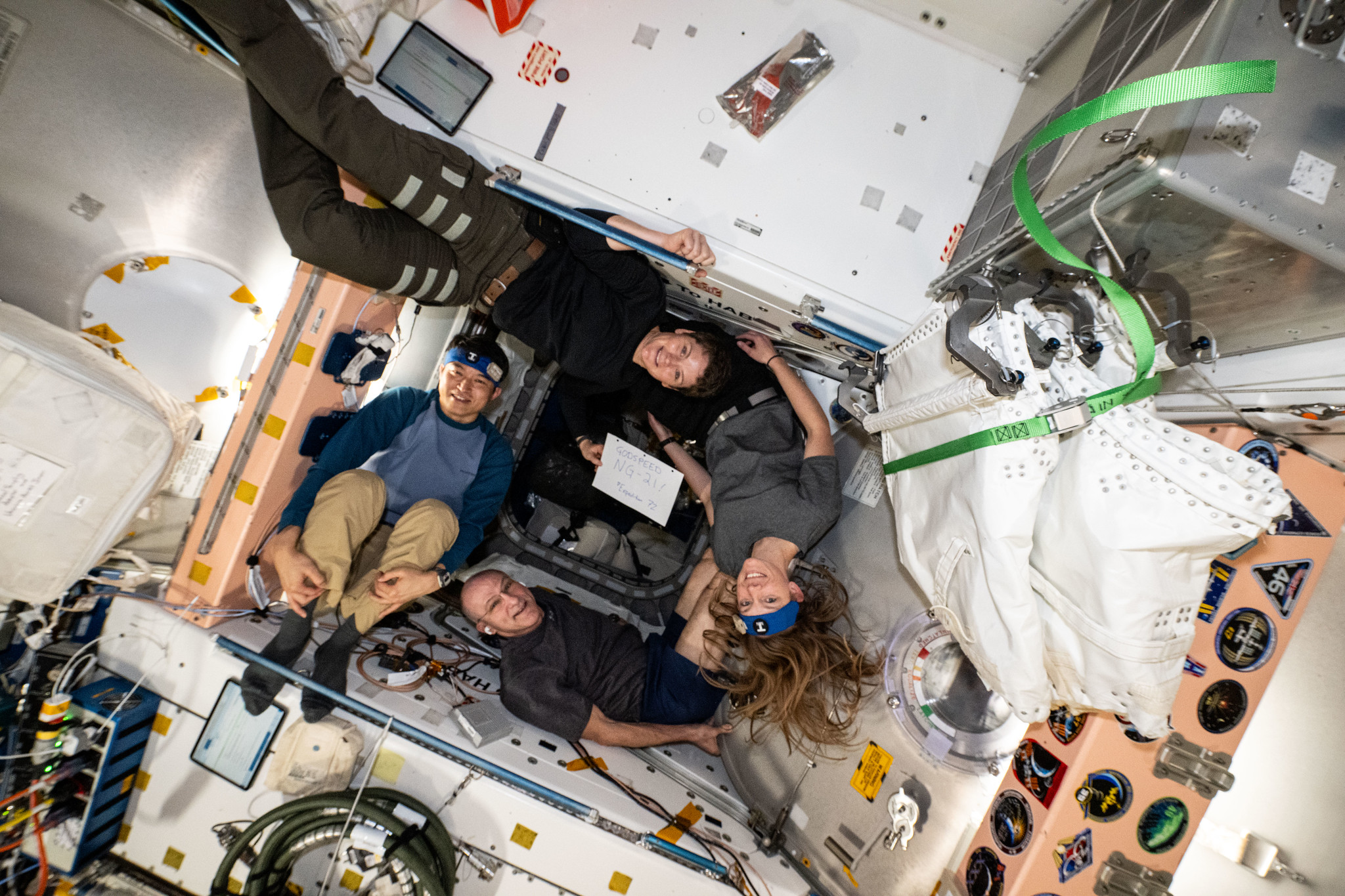Now Reading: Exploring the Bold Pursuit of Consciousness
-
01
Exploring the Bold Pursuit of Consciousness
Exploring the Bold Pursuit of Consciousness
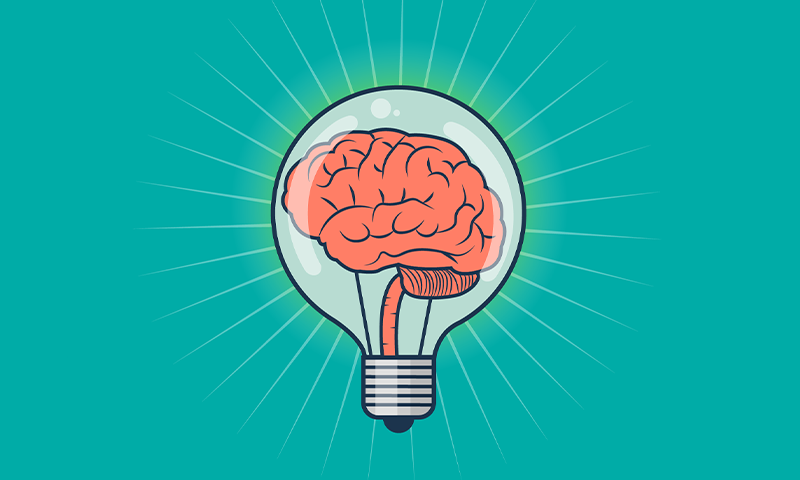
Quick Summary
- In 1998,philosopher David Chalmers bet neuroscientist Christof Koch that science would not locate the seat of consciousness within 25 years; Chalmers was right and won a bottle of Madeira wine.
- The wager reflected challenges in consciousness research despite major scientific efforts, including the “COGITATE” adversarial collaboration.
- COGITATE tested two leading theories about consciousness:
– Global Neuronal Workspace Theory (GNWT): Consciousness arises from data broadcast throughout brain areas, primarily in frontal regions.
– Integrated Information Theory (IIT): Consciousness is tied to intrinsic cause-effect power concentrated in networks within posterior “hot zone” regions of the brain.
- Experiments involved participants viewing various images while neural activity was recorded using machine-learning methods. Findings aligned wiht some predictions from both theories but contradicted key tenets of each.
- Notable findings:
– No sustained neuronal synchronization predicted by IIT occurred in posterior hot zones during stimulus viewing.
– GNWT’s expected sharp offset responses were absent when stimuli ceased in workspace areas.
- Neither theory was conclusively proven or disproven, reflecting inherent difficulties tracking complex phenomena like consciousness.
- The study emphasized open science practices-such as pre-registration and transparent data-sharing-making it a robust effort that fosters ongoing analysis.
Indian Opinion Analysis
The COGITATE study highlights how leading scientific approaches to understanding human cognitive functioning embrace uncertainty while advancing rigorous experimental standards. Although neither GNWT nor IIT emerged victorious, findings demonstrated valuable insights into specific aspects of neural activity linked to perceptual processes. This underscores how experimentation often strengthens foundational inquiry even without simplifying complex theoretical debates.
India could benefit deeply from adopting such collaborative frameworks and transparent methodologies to tackle multidimensional challenges present within neuroscience research or AI growth fields domestically. Open science principles are especially vital for building reliable datasets across interdisciplinary domains-a critically important stepping stone for India’s academic institutions as they increasingly compete globally.
Moreover, fostering intellectual collaborations free from outright competition-as modeled here-could reshape contentious philosophical discussions surrounding AI ethics or even cultural psychology considerations uniquely relevant across diversities ingrained within Indian societal megastructures today















